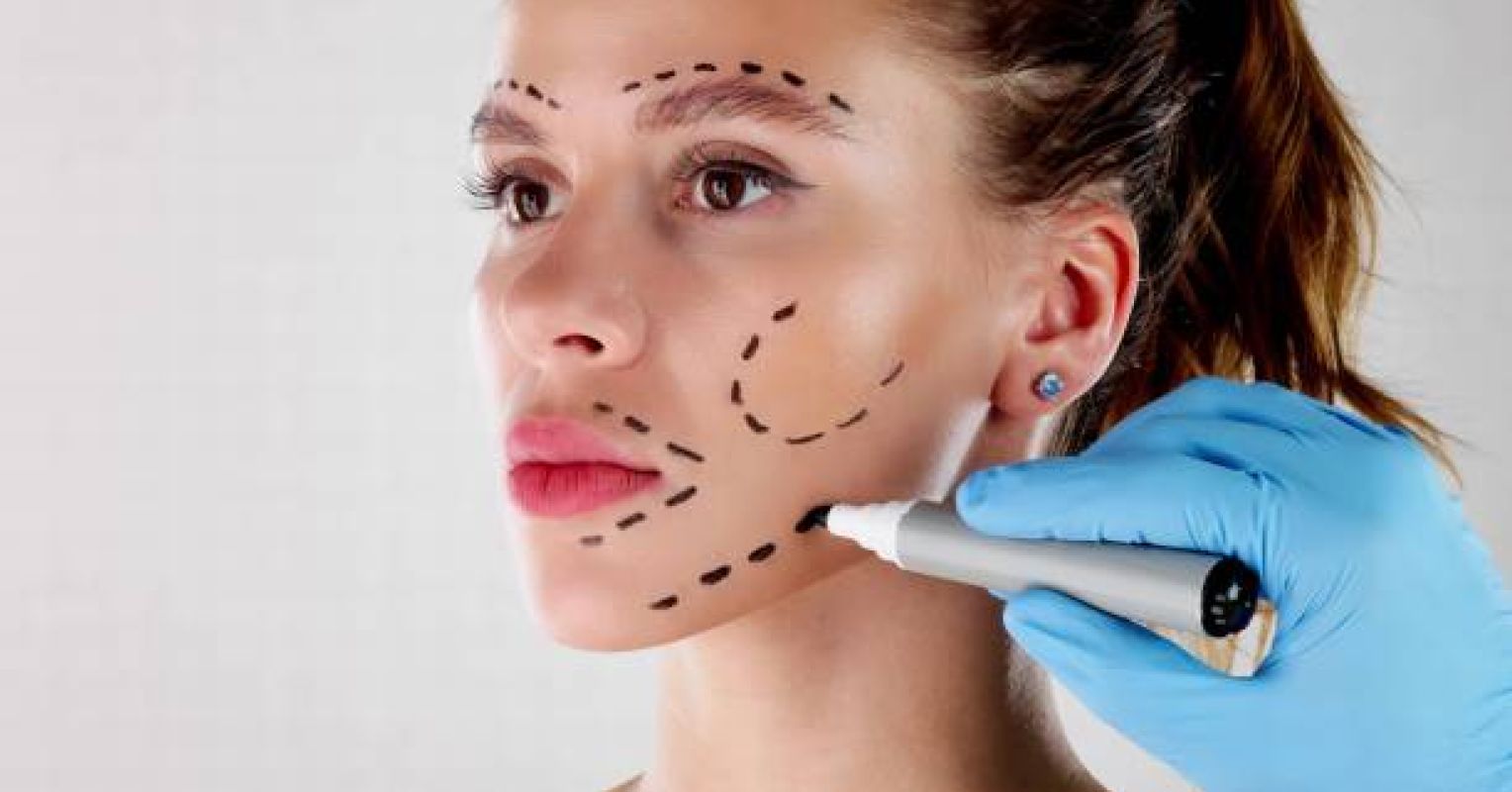Recent studies reveal that 70% of young adult women and 60% of young adult men are unhappy with their bodies. This troubling statistic coincides with the increasing normalization and availability of cosmetic surgery. In 2023 alone, Canadians underwent 35 million aesthetic procedures—a staggering 40% increase from four years prior. But what’s fueling this sharp rise? Social media may be playing a pivotal role.
Researchers have uncovered a strong link between social media and the rise in cosmetic procedures. Apps like Instagram, Facebook, and Snapchat set unrealistic beauty standards through filters, influencer images, and celebrity transformations. Studies confirm that exposure to idealized bodies and edited photos, and the inevitable unfavorable social comparisons that result, drives individuals to pursue cosmetic surgery. A systematic review by Mironica et al. (2024) analyzed 25 studies involving nearly 14,000 participants and found that social media significantly influences decisions to undergo procedures. Similarly, Thawanyarat et al. (2023) noted a spike in cosmetic surgery searches after 2012, coinciding with Instagram’s rise.
Celebrity Influence and Advertising
Social media has amplified the influence of celebrities in shaping beauty trends. When Kylie Jenner revealed her Juvederm lip injections, Google searches for dermal fillers skyrocketed. It’s not just celebrities—cosmetic surgery advertisements on social media play a crucial role. Thawanyarat et al. (2023) found that targeted ads significantly impact individuals’ decisions. Platforms like Instagram and TikTok have become marketing goldmines for plastic surgeons, using hashtags like #plasticsurgery or #rhinoplasty to attract potential clients. These digital portfolios showcase cosmetic surgeons’ expertise while downplaying potential complications, capitalizing on users’ insecurities for monetary gain.
Social Appearance Anxiety and the Pandemic Effect
Beyond advertisements and celebrity influence, social appearance anxiety—the fear of being judged on one’s looks—has fueled the demand for cosmetic procedures. Social media fosters constant comparison, leading many to feel inadequate. The COVID-19 pandemic intensified these pressures, with video calls increasing self-scrutiny. A study by Padley (2022) found a surge in interest in cosmetic procedures, particularly for the face, as individuals became more aware of their appearance on screens. Many sought surgery as a way to regain confidence during this turbulent time. This is troubling given video conferences have become the norm in the post-pandemic era.
Risks and Ethical Concerns
While cosmetic surgery can enhance appearance, it comes with significant risks. Social media promotes unrealistic beauty standards, with surgeons showcasing flawless results while never displaying botched outcomes, thus reflecting an unrealistic online reality. Physical risks include infection, scarring, and anesthesia complications, while emotional risks involve long-term dissatisfaction and regret. Critics worry about younger demographics seeking procedures prematurely, feeding into a cycle of body image issues and relentless self-modification that will only heighten with age. In fact, research shows that cosmetic surgery is a slippery slope, as undergoing one cosmetic surgery often leads to others in an attempt to “fix” other dissatisfied aspects of appearance.
Moving Forward: Solutions and Awareness
To counteract these trends, clinicians should implement body positivity programs and screen patients for underlying psychological conditions like body dysmorphic disorder before procedures. Policymakers should regulate cosmetic surgery advertisements to prevent the promotion of unattainable beauty ideals and invest in Mental health programs addressing self-esteem and body image issues. Social media platforms have control over advertising and should collaborate with Mental health experts to promote more diverse, body-positive content and establish guidelines to reduce harmful beauty messaging.
Ultimately, users hold the power to shape their online experience. Curating a feed that celebrates authenticity and self-acceptance can counteract social media’s pressures. However, algorithms can reinforce harmful beauty standards—engaging with cosmetic surgery content can lead to a constant stream of similar posts. The key question remains: do we truly need cosmetic enhancements, or are we being conditioned to believe we do? True self-worth comes from within, and fostering Self-compassion is far more fulfilling than chasing an unattainable standard of perfection. This journey of self-acceptance takes time and effort but the benefits to emotional well-being will be much deeper than any scalpel can provide.













